Maximum power: 440W--450W
Module conversion efficiency can reach 19.98%
Number of cells: 72cells
Reflection affects the output of PV solar panel efficiency. It is well known that the reflection of light is essentially untrapped energy, with photons bouncing off the surface of a solar cell. One of the most common antireflective coatings used in the most efficient solar cells is a quarter-wavelength AR coating. But their effectiveness depends largely on wavelength and angle of incidence.
Several factors also affect the conversion of high-efficiency solar panels, as not all sunlight hitting the solar panel/PV cells is converted into electricity. There is a fair amount of it missing.
Recombination is another factor that affects solar cell efficiency. When photons strike a PN junction, charge carriers are likely to be created in the form of negatively charged electrons. At the same time, another photon can generate positively charged carriers. When electrons move towards the N-type side and encounter holes or vice versa, they have a high chance of recombining, thus canceling out any contribution they made to the current generation. Direct recombination is one of the largest contributors to reverse power generation in solar cells and is therefore one of the limiting factors affecting efficiency. Indirect recombination is when holes or electrons interact with impurities, which are defects in the cellular structure.
Solar cells work best at low surface cell temperatures. As the surface temperature of the solar panel increases, the characteristics of the solar cell begin to change and the current increases slightly. Despite this, the voltage is still significantly lower. As a result, it causes the panel's power output to drop. So, in summer, the cells on the panels heat up and cause less than peak output, while in winter, solar output is at peak.
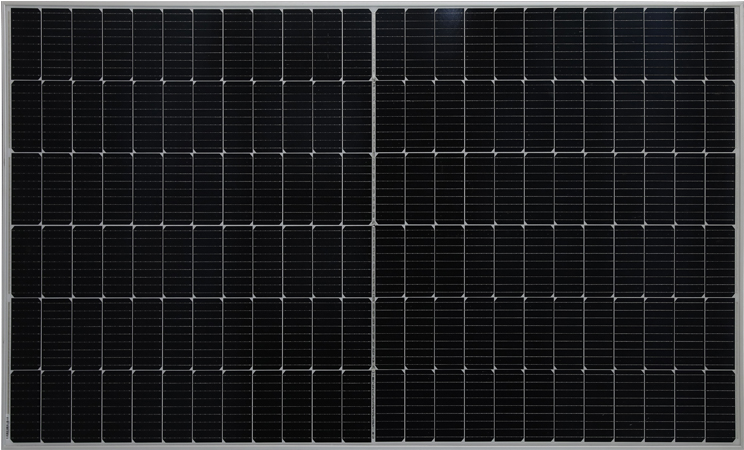
Maximum power: 440W--450W
Module conversion efficiency can reach 19.98%
Number of cells: 72cells
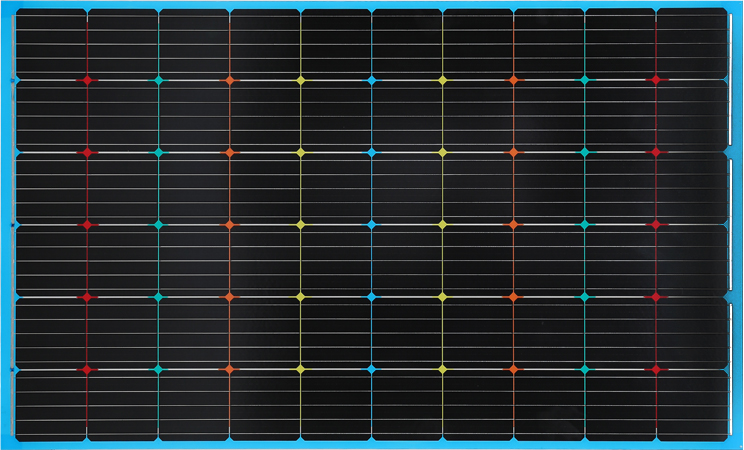
Maximum system voltage: 1500V
Maximum system current: 15-16A
Tolerance range: 0~5W

Maximum system voltage: 1500V
Maximum system current: 15-16A
Tolerance range: 0~5W

Maximum system voltage: 1500V
Maximum system current: 15-16A
Tolerance range: 0~5W
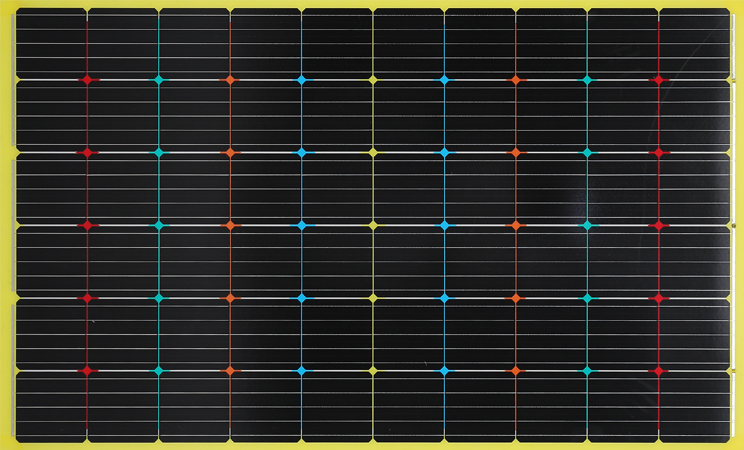
Maximum system voltage: 1500V
Maximum system current: 15-16A
Tolerance range: 0~5W
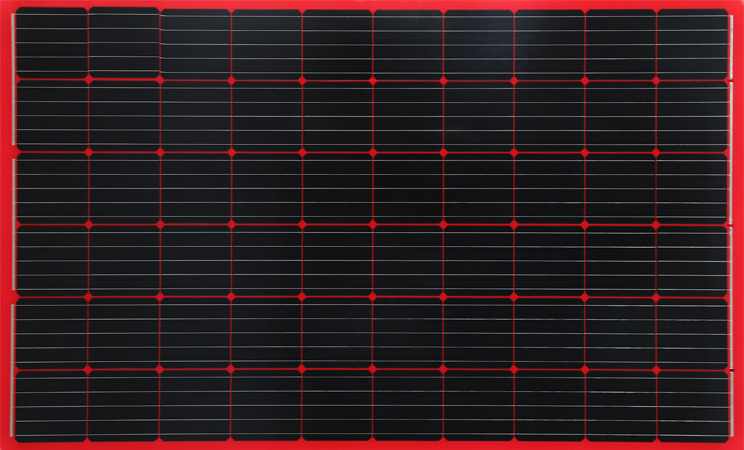
Maximum system voltage: 1500V
Maximum system current: 15-16A
Tolerance range: 0~5W
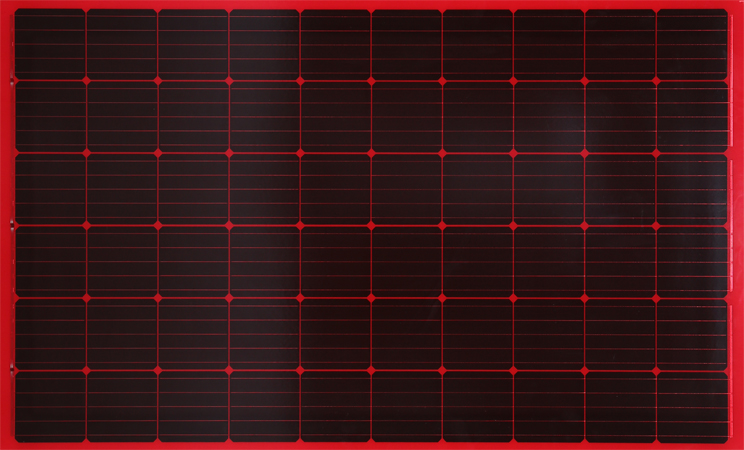
Maximum system voltage: 1500V
Maximum system current: 15-16A
Tolerance range: 0~5W

Maximum system voltage: 1500V
Maximum system current: 15-16A
Tolerance range: 0~5W